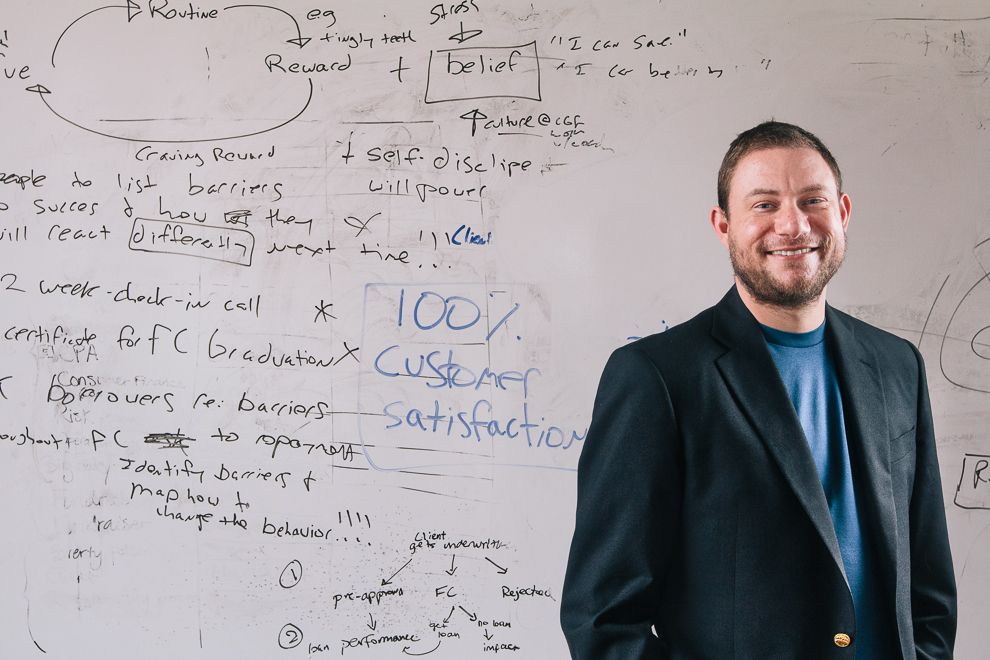Reducing “The High Cost of Being Poor”
I originally wrote this article for The Capital Good Fund’s blog
Here’s a simple dilemma that plagues many American families: how does someone that lives from paycheck to paycheck and is without a credit score—and therefore without a credit card—afford to cover unexpected expenses between paychecks, such as fixing a flat tire, a doctor’s visit, or even regular expenses such as groceries and phone bills? For higher-income families, this simply is not a problem. For one thing, consider how often you use a credit card to make purchases; doing so enables you to delay paying for the item until you have received your paycheck and can afford it. And of course, being higher-income by definition means that one can most likely already afford most expenses that occur between paychecks. But in the case of lower and moderate-income families, a lack of access to credit combined with a lack of savings forces them to so-called payday lenders to make ends meet during the week.





